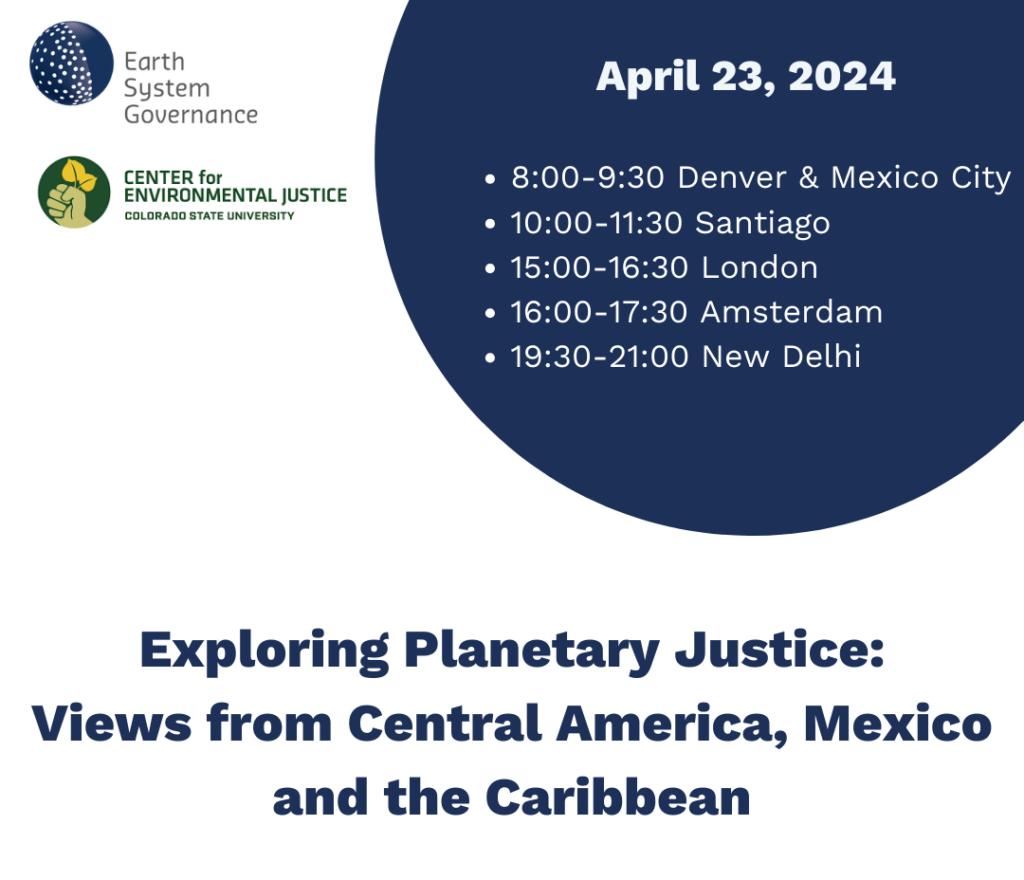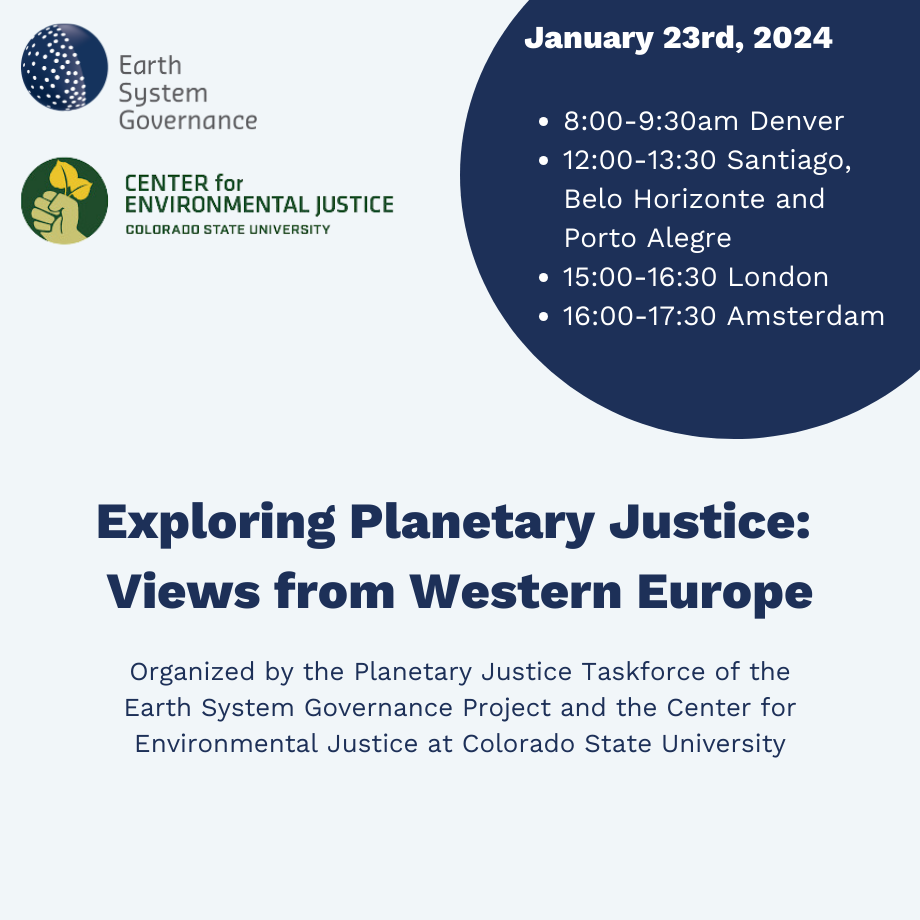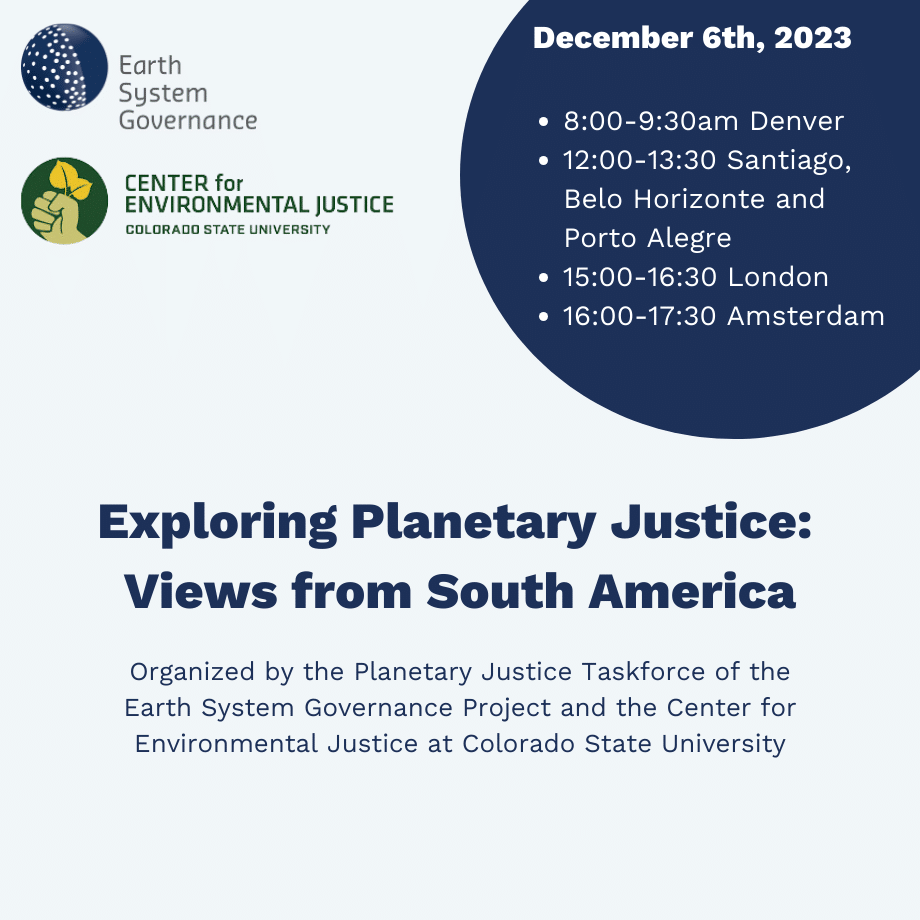| Location | Siberian Federal University in Krasnoyarsk and National Park “Stolby” (Krasnoyarsk, Russia), and parts of Eastern Siberia. |
| Organisers | Organised jointly by the Siberian Federal University (Krasnoyarsk, Russia), Central European University (Budapest, Hungary), Russian State Hydrometeorological University (St. Petersburg, Russia), and the Earth System Governance Project. Supported by the Tempus EnGo EC – Environmental Governance for Environmental Curricula, the OSI ReSET Project – Governance of Global Environmental Change, and the Asia-Pacific Network on Global Environmental Change (APN). |
| Faculty | Katharine Farrell, Sybille van den Hove, Ruben Mnatsakanian, Hans- Peter Nachtnebel, Ckees van Oijen, László Pintér, Eduard Podgaisky, Egor Zadereev |
In order to address the challenge of how to deal with issues around scale in environmental governance research, the 2013 Summer School was designed to provide training to early- career researchers and teachers from both the ReSET project, and the Asia-Pacific Network on Global Environmental Change (APN) while strengthening and expanding their network with both early- career researchers and established experts in the Asia-Pacific region and beyond, including expanding networking ties with Russia and other countries of the former USSR. As a result, this Summer School provided a unique forum for interactions not only among ReSET participants from the former USSR, Mongolia, Central and Eastern Europe, but also between ReSET participants and APN participants from the Asia-Pacific region. Thus, the School served as an important networking opportunity and platform to initiate and catalyse momentum for new research.
Thematic Background
Earth system governance is more than a problem of the regulation of the ‘global commons’ through global agreements and conventions. It is happening not only at the global level but in a variety of places and at all levels where humans shape their interaction with nature. For research, it is important to identify whether certain findings or hypotheses apply on all scales, or are valid merely for one scale and to what extent scale influences finding. In sustainable development research, there is a strong emphasis on local level studies but often these studies insufficiently address the interactions and cross-scale dynamics, as well as the ‘fit’ of social (governance) to natural scales. Also, valuable approaches like ‘resilience’ and ‘social ecological systems’ recognize a hierarchical spatial organization of governance at a local scale, but they struggle with multi-level governance and favour polycentric governance to explain questions of scale. In addition to such analytical issues of scale, there is also an important additional area for research and capacity building, specifically the politics of scale. Actors, such as individual politicians, agencies, institutions and mechanisms, are contesting and framing scales and levels by shifting issues to between scales and levels to positions in which they themselves are most influential or powerful. Such contests can be relatively direct, as in debate or argument, or through the use of technologies, controlling resource access and other ways of shaping the arenas of interaction.
Case Studies
The core idea of case study research in the Summer School was to co-design research projects in collaboration with stakeholders involved in particular environmental issues. Thus, the themes of each of the case studies reflected the interests of a combination of the participants, the host institution, other organisers, and the local stakeholders.
Representatives of key stakeholder groups were consulted during early stages of the case study development process, long before the actual start of the Summer School. They were then consulted once again when it was time to identify specific research questions to connect with participants. This study methodology was used in order to ensure that only the issues recognised by local communities as “hot” were selected for further research. The following issues were addressed in the case studies:
- Sustainable urban planning in Krasnoyarsk
- Mini hydropower facilities in the Krasnoyarsk Region
- Sustainable tourism and waste management in nature preserves in the region
- Human-wildlife conflicts in Southern Siberia This
- Energy efficiency in the housing sector in Krasnoyarsk Continental
More information about the “Governance of Global Environmental Change” programme is available here.




